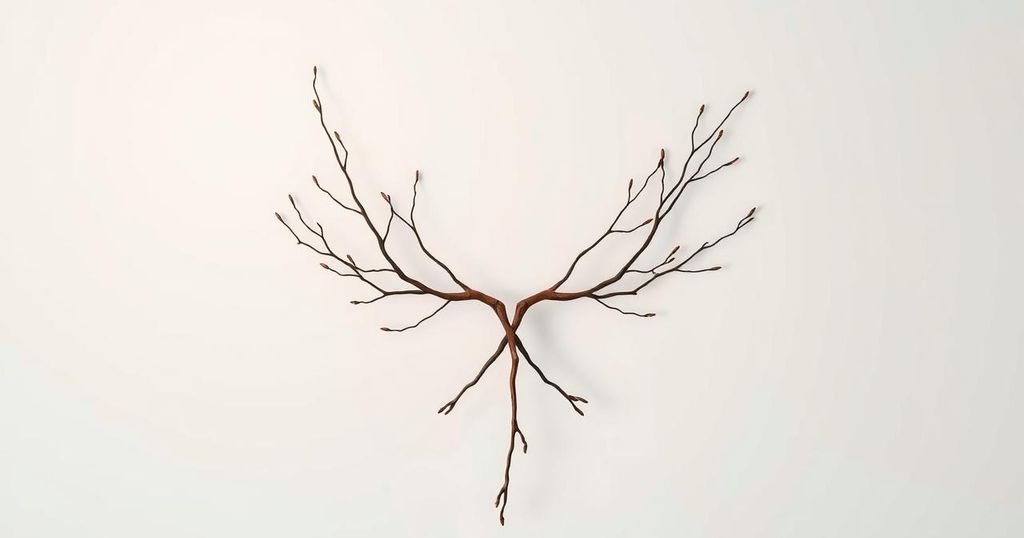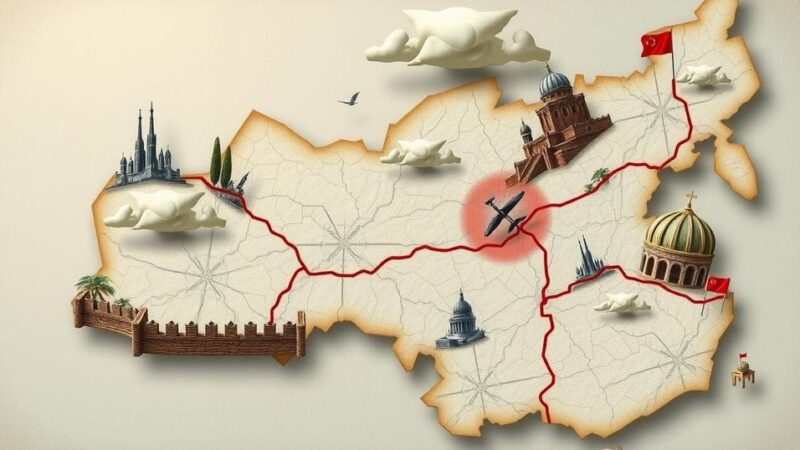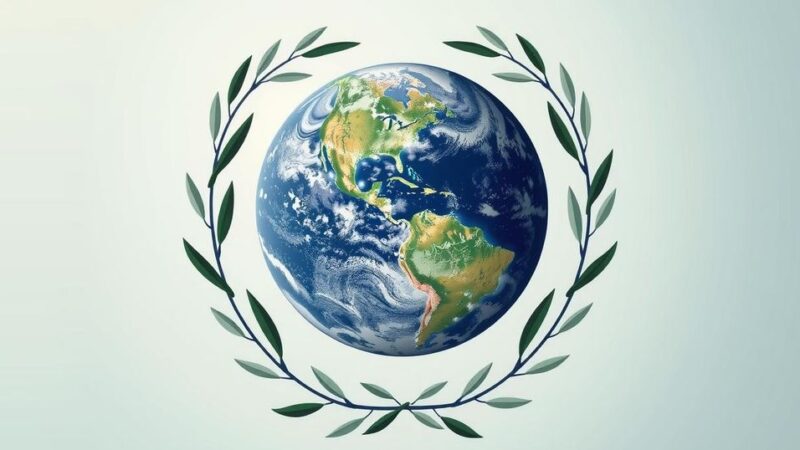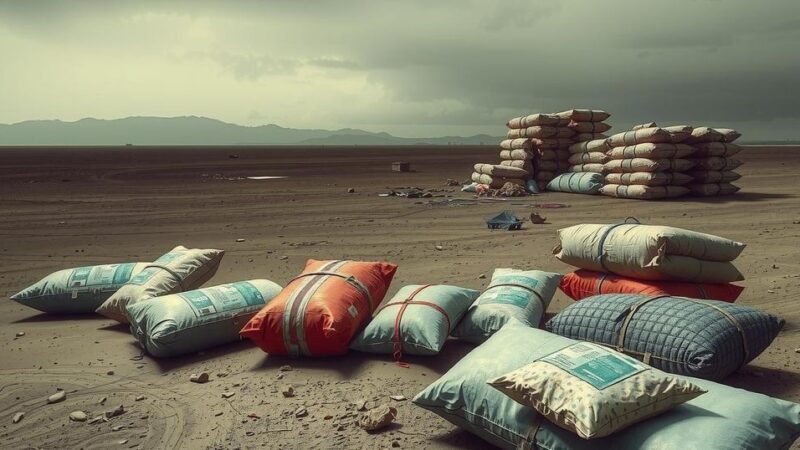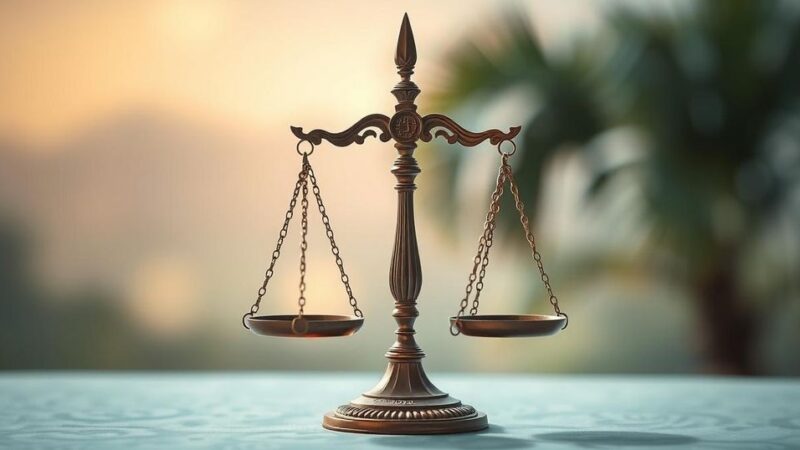Rwanda’s President Paul Kagame acknowledged the U.S. position on the need for a ceasefire in eastern Congo but did not commit to withdrawing troops supporting M23 rebels in Goma. The situation has escalated, causing humanitarian crises and prompting U.S. calls for measures against the rebels. Tensions persist as both nations grapple with a complex historical conflict rooted in the Rwandan genocide and mineral resource struggles.
President Paul Kagame of Rwanda expressed agreement with the U.S. concerning the urgent need for a ceasefire in eastern Congo, though he did not indicate a willingness to withdraw Rwandan troops or the M23 rebels from Goma. This development follows a significant escalation of conflict, with the M23 rebels recently seizing control of Goma, the region’s largest city, exacerbating the situation and resulting in substantial civilian casualties.
The U.S. State Department addressed the matter, urging the United Nations Security Council to contemplate measures against the rebels, who have displaced tens of thousands in their recent offensive. As regional tensions rise, Goma witnessed looting amid sporadic gunfire, while residents reported a largely calm atmosphere after intense overnight fighting.
Kagame noted that he had a productive discussion with U.S. Secretary of State Marco Rubio regarding the situation, emphasizing the necessity of a ceasefire and addressing underlying causes of the conflict. Secretary Rubio conveyed Washington’s deep concern regarding the recent violent escalation, tracing roots back to the Rwandan genocide and struggles over Congo’s mineral wealth.
Both Congo and U.N. officials have accused Rwanda of deploying troops in support of M23, though Rwanda insists that its military actions are defensive against threats from local militias. On the ground in Goma, the humanitarian situation remains dire, with reports of ongoing explosions, gunfire, and power outages confirmed by city residents.
The M23 insurgency is part of a long history of ethnic conflicts that have plagued the region since the aftermath of the Rwandan genocide. Rwanda claims to defend its interests against militias associated with Hutu extremists who have long sought refuge in Congo. Meanwhile, Kinshasa denounces Rwanda’s allegations and accuses it of utilizing proxy forces to exploit Congolese mineral resources.
The ongoing conflict in the Democratic Republic of Congo, particularly in the eastern region, has deep historical roots tied to the 1994 Rwandan genocide. Following this tragic event, significant instability has continued in both Rwanda and Congo, often characterized by ethnic violence and struggles over the control of valuable mineral resources. Over the decades, numerous armed groups, including the M23, have emerged, leading to persistent turmoil and humanitarian crises, underlining the complex interplay of local and regional politics. The international community, represented by the United States and U.N., continues to call for solutions aimed at stabilizing the region and addressing the multifaceted dimensions of the conflict.
In conclusion, the situation in Goma highlights the urgent need for a ceasefire and a careful approach to address the underlying causes of the long-standing conflict between Rwanda and Congo. The recent insurgency by M23 serves as a critical reminder of the persistent instability in the region that demands immediate international attention and action. As both countries navigate a delicate geopolitical landscape, ongoing dialogue and cooperation will be essential to foster stability and peace.
Original Source: www.voanews.com

